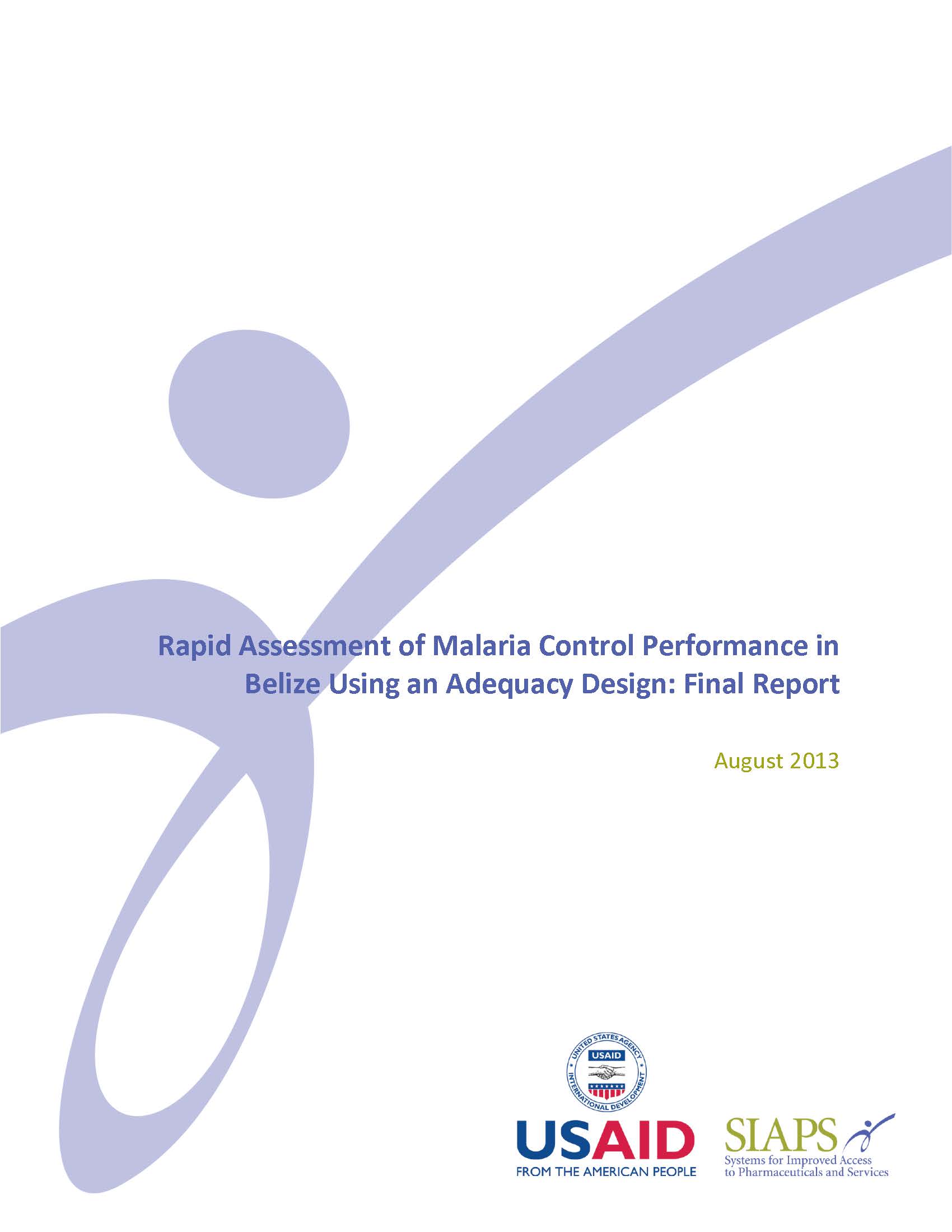
The epidemiology of malaria has significantly changed in the Americas during the last decade. Between 2000 and 2009, the number of cases reported in the entire region decreased by 50 percent from 1.18 million to 526,000. This study looks at the impact of different control strategies on the reduction of malaria in Belize using a design comprised of three levels, ranging from simple to complex, depending on the evaluation designs and type of inference one wishes to make: (a) adequacy, (b) plausibility, and (c) probability. The adequacy level is the most basic and refers to evaluation of public health interventions relative to criteria generally corresponding to technical aspects of the interventions, quality of implementation, and coverage of services.


